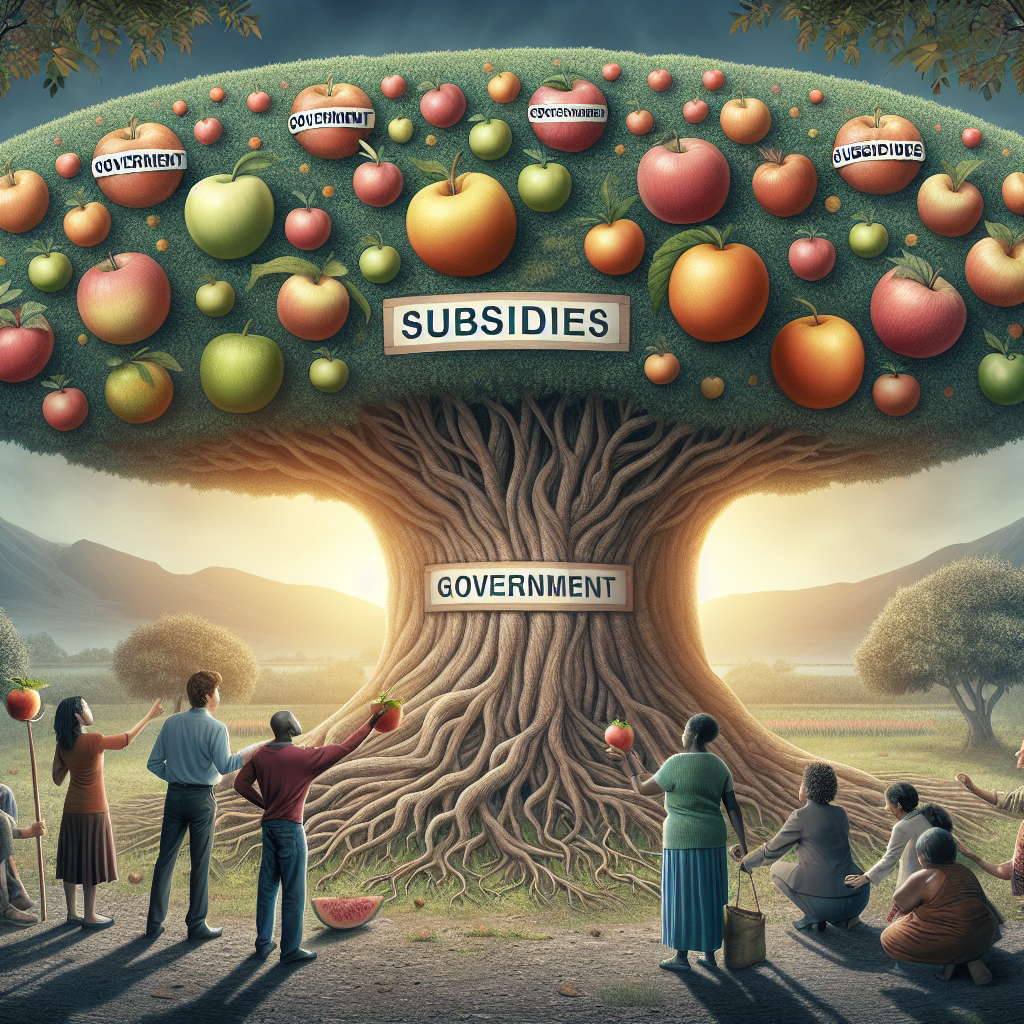The Subsidy Struggle: Navigating the Energy Transition
At COP29, climate finance debates highlight contradictions between fossil fuel subsidies and phase-out commitments. Despite pledges, governments spend trillions on fossil fuels, hindering renewable progress. Reforming subsidies is contentious due to economic and social impacts, demanding fair strategies and international cooperation for impactful climate action.

At the COP29 climate summit in Azerbaijan, the financial challenges of addressing climate change took center stage. Countries are negotiating a yearly financial target of $1 trillion by 2030 to aid developing nations in combating climate impacts. However, the heavy spending on fossil fuel subsidies remains a significant hurdle.
In 2022, over $1.5 trillion was allocated to subsidizing fossil fuels such as coal, oil, and gas worldwide. Efforts by countries like those in the G20 to reduce these subsidies face challenges due to political resistance, as consumers rely heavily on them. The G20 nations reiterated their commitment to cut inefficient subsidies, a promise they first made in 2009.
Despite international commitments, actual progress on subsidy reform is slow. The need for a structured, phased approach is crucial, especially in emerging economies where subsidies impact daily life. Experts suggest measures like pairing subsidy cuts with social support programs to mitigate negative effects and emphasizing debt relief to redirect resources towards social assistance.
(With inputs from agencies.)










